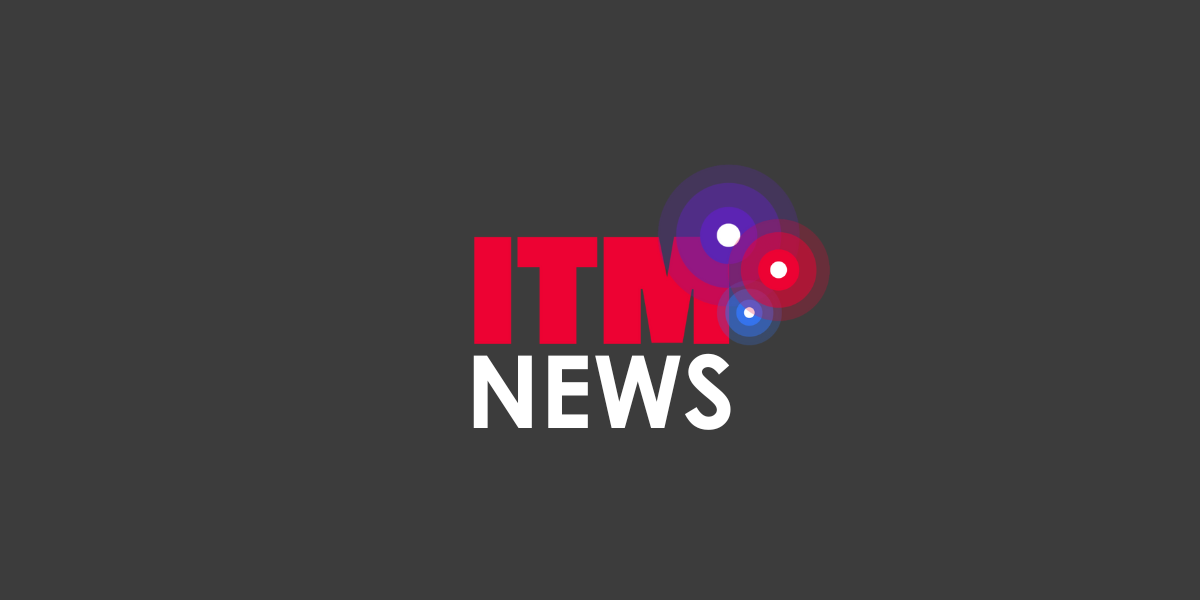ITM Buyers Reveal Latest Business Travel Trends and Challenges

Travel managers are currently facing major challenges with their ground transport programmes according to the Institute of Travel Management’s buyer members. Global, EMEA and UK travel managers attending ITM’s latest Buyer Knowledge Exchange revealed that car rental supply chain issues, driver shortages and rising ground transport costs are key areas of concern.
Greater use of car rental as a preferred Covid-safe business travel option, plus the return of leisure travel demand for car hire, have led not only to a shortage of vehicles, but also problems with booking one-way rentals. Corporates’ focus on more sustainable travel options has led to increased demand for electric rental vehicles, but suppliers are unable to guarantee availability. In addition, drivers have also moved to jobs in other industries due to the impact of the pandemic on their business, which has impacted on availability of private chauffeured vehicles. Some buyers are urging travellers to book ground transport as far in advance as possible, ideally at the same as their flight booking.
Ground transport costs have also escalated. For example, in some worldwide destinations, buyers are seeing minimum three or four-day car rental periods being imposed, even when the traveller only requires a 24-hour rental. Travellers are also having to book with non-preferred suppliers, meaning costs can be as much as four times higher. Buyers are also enlisting secondary suppliers to support fleet availability as well as alleviate cost challenges as incumbent providers have raised prices significantly across all markets.
Other business travel trends and issues observed by ITM’s buyers over the last month include:
� a change of mindset within organisations meaning business travel will not return to its previous levels. Stakeholders are asking what is the value of the meeting and how and why should a meeting take place? The travel buyer role is therefore shifting to become a consultant to stakeholders within their organisation, supporting the decision-making process as to what constitutes the ‘right’ level of travel from the perspective of sustainability, wellbeing and cost.
� Concern regarding the readiness of online booking tools to handle ongoing complex travel requirements as a result of Covid, as well as steer travellers towards sustainable travel choices. Bookers are also nervous about using OBTs due an increased sense of responsibility towards their travellers.
� TMC staff shortages are causing ongoing service issues as bookers are experiencing long call waiting times and slow email responses. This situation is exacerbated because bookers are seeking the reassurance of speaking to their TMC consultant by phone.
� No marked increase in transatlantic business travel bookings since US border reopened on 8th November for fully vaccinated UK/European travellers. Most buyers still have policies in place that forbid international travel unless absolutely essential. First and foremost, corporates are focusing on the return of their employees to offices, not the return to travel
Travel managers taking part in the ITM Buyer Exchange session represented diverse industry sectors such as financial services, energy, food, technology, telecoms, consulting, media and entertainment.
Scott Davies, CEO, ITM commented: “Our ITM buyer members are at the coalface of what’s really happening in terms of whether business travel is returning in any significant way and the challenges that their bookers and travellers are facing. There’s been a lot of talk in the industry about air travel volumes and the transatlantic corridor reopening with TMCs and airlines reporting a surge in bookings to the US. However, it’s interesting to see that our buyer members biggest challenges at the moment are with ground transport, and in fact they haven’t seen any notable change yet in international travel to the US.



